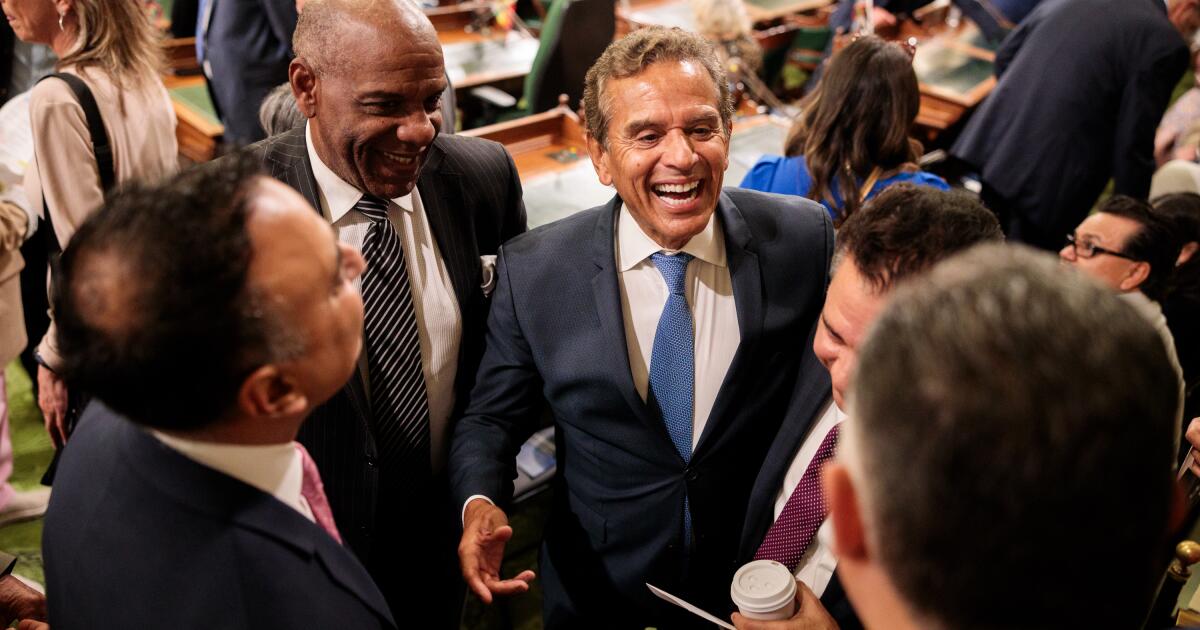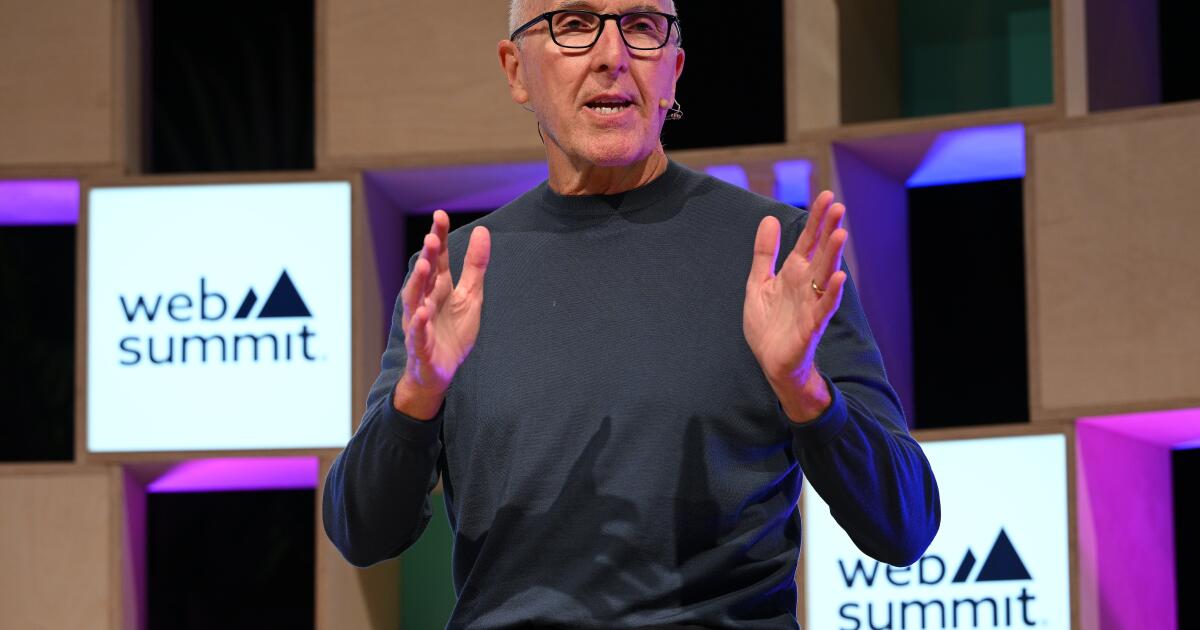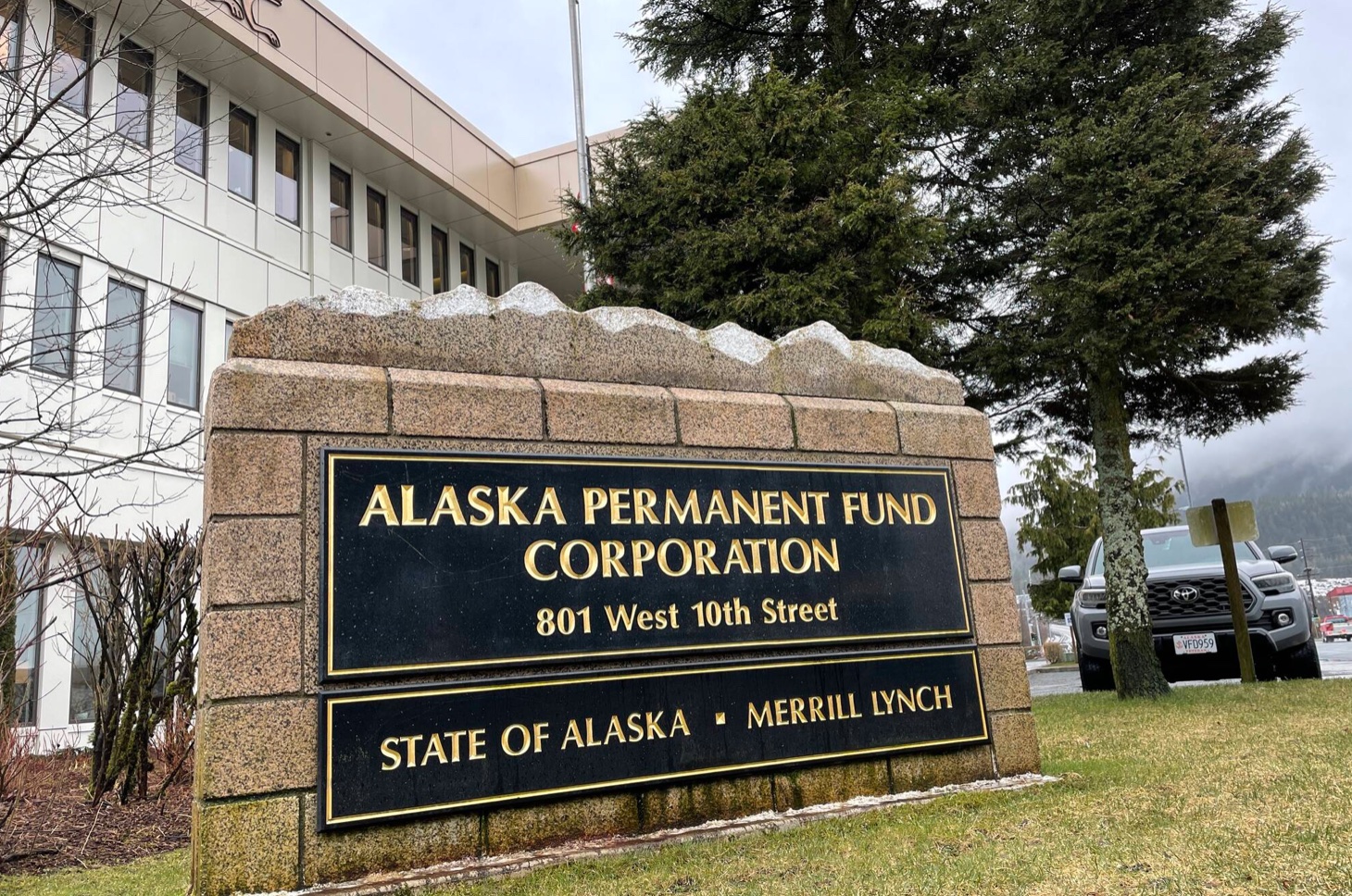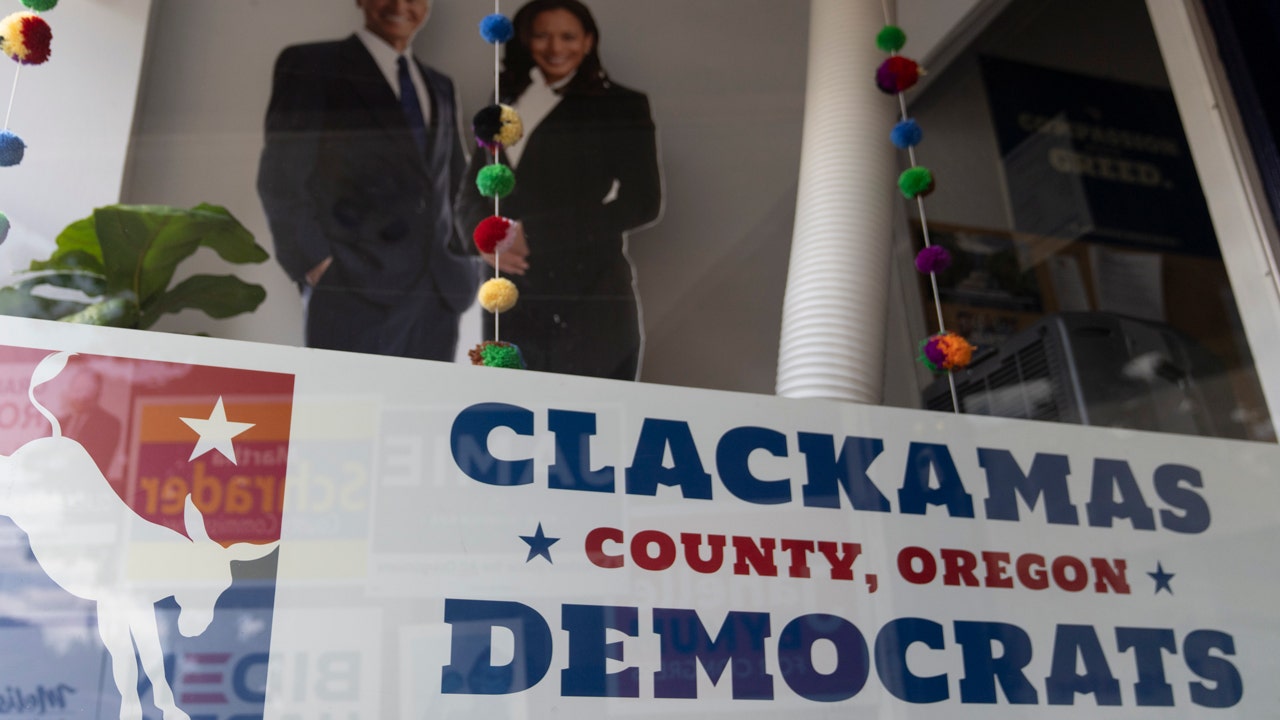Business
Former L.A. Mayor Antonio Villaraigosa joins cryptocurrency company Coinbase as adviser

Former Los Angeles Mayor Antonio Villaraigosa doesn’t own any cryptocurrency — at least, not yet. But he’s about to become a player in the industry’s push for friendlier cryptocurrency rules.
The trading platform Coinbase announced Tuesday that Villaraigosa, a Democrat who was mayor of Los Angeles from 2005 to 2013, is taking a paid position with its global advisory council.
In an interview with The Times, Villaraigosa said that he won’t be lobbying on behalf of Coinbase but that he is advising the company on securing a “robust, fair regulatory framework” for American customers.
Villaraigosa will focus on how to make financial systems more equitable for Black and Latino customers, Coinbase said. The company estimated that about 41% of American crypto investors are Black and Latino.
“Crypto users participate in our democracy like anyone else,” Villaraigosa said. “They need regulatory protection.”
Villaraigosa’s hiring is part of a broader publicity and lobbying effort by Coinbase after years of conflict between the industry and federal regulators, including the Securities and Exchange Commission.
Criminal investigations have recently taken down two of the best-known figures in the crypto industry: former FTX Chief Executive Sam Bankman-Fried, who was sentenced to 25 years in prison in March, and former Binance Chief Executive Changpeng “CZ” Zhao, who is scheduled to be sentenced Tuesday after pleading guilty last year to a money-laundering charge.
Coinbase and other firms have argued that the U.S. should be friendlier to the industry and that clearer rules are necessary to help American crypto companies compete with exchanges in countries with laxer regulations.
The industry has been spending heavily in the 2024 election cycle, signaling its willingness to boost candidates who support crypto priorities in Washington and oust those who don’t.
The policy advisory council that Villaraigosa is joining includes former Rep. Tim Ryan of Ohio, a Democrat, and former Pennsylvania Sen. Pat Toomey, a Republican, as well as political veterans such as John Anzalone, the pollster for Hillary Clinton’s campaign in 2016 and President Biden’s campaign in 2020.
Villaraigosa brings to the group a “feel for the body politic,” said Faryar Shirzad, Coinbase’s chief policy officer.
He “understands broader public attitude, public opinion, public sentiment, in a way that has been really helpful,” Shirzad added.
Villaraigosa said he would be helping with Coinbase’s efforts to push for a “level playing field,” including for stablecoin, a form of cryptocurrency that is ostensibly pegged one-to-one to the value of the U.S. dollar or an asset like gold.
Villaraigosa said crypto is a promising alternative for Black and Latino investors who have faced racial discrimination at traditional banks. He added that crypto platforms could also serve as an alternative for people who send money to family members in other countries, known as remittances.
People in the United States sent more than $81 billion abroad in 2022, according to the World Bank. The average fee for a $200 remittance payment across the world was 6.18% in the third quarter of last year, the organization said.
The cost to send money to family members through crypto platforms like Coinbase is “de minimis,” or minor, in comparison, Villaraigosa said.
Since leaving Los Angeles City Hall in 2013, Villaraigosa has taught at the USC Sol Price School of Public Policy and has worked as a partner at the consulting firm Actum. He mounted a campaign for governor in 2018, finishing third in the primary behind Gov. Gavin Newsom and Republican John Cox.
In 2022, Newsom tapped Villaraigosa to be a top adviser on infrastructure issues, tasked with helping to identify projects that could reap federal funding from Biden’s infrastructure law.
Villaraigosa has also worked as an adviser to Banc of California, the multi-level marketing company Herbalife and the AltaMed chain of health clinics.

Business
Column: In a major rebuke to Exxon Mobil, CalPERS will vote against its entire board

Exxon Mobil can’t say it wasn’t warned.
Having opted to continue its lawsuit against two activist investor groups even after they withdrew a shareholder proposal the company management opposed, the giant oil company had gotten flayed by shareholder advocates for its bullying.
Now the big shoe has dropped: CalPERS, the largest public pension fund in the nation, announced Monday that it will vote against all 12 Exxon Mobil board members, including CEO Darren Woods, at the May 29 annual meeting.
‘If ExxonMobil succeeds in silencing voices and upending the rules of shareholder democracy, what other subjects will the leaders of any company make off limits? Worker safety? Excessive executive compensation?’
— CalPERS CEO Marcie Frost
CalPERS says it’s acting because it judges the company’s campaign against the two investor groups to be “designed to punish” investors who “dared to speak truth to power.”
The pension fund says, “the repercussions of the lawsuit could be devastating….If ExxonMobil succeeds in silencing voices and upending the rules of shareholder democracy, what other subjects will the leaders of any company make off limits? Worker safety? Excessive executive compensation?”
The announcement is a major step up from the pension fund’s earlier comments about its intentions. Michael Cohen, the CalPERS chief operating investment officer, had earlier said only that the fund was considering voting against Woods.
Voting against the entire board and publicly urging other investors “to do the same,” appreciably raises the stakes for Exxon, at least theoretically. CalPERS — the California Public Employees’ Retirement System — is an institutional investor to be reckoned with. The $496-billion fund owns about $1 billion in Exxon Mobil shares.
Exxon Mobil’s lawsuit “is a real problem for us as share owners,” CalPERS CEO Marcie Frost said during a press conference Monday. “We believe that our voice matters, that we should be able to provide proxy solicitations asking the company to be more transparent in certain areas.”
Exxon called CalPERS’ action “a poor fiduciary decision.” The company said through a spokesperson, “It’s unclear why CalPERS is spending their time and energy defending the abuse of a shareholder process…Far from having a chilling effect on shareholder proposals, our efforts are intended to get clarity on the rules to foster an environment for open and meaningful shareholder dialogue. If anything, CalPERS’ vote against our entire board appears to be an attempt to ‘chill’ shareholder voices.”
As I reported last week, in February Exxon Mobil sued the U.S. investment firm Arjuna Capital and Netherlands-based green shareholder firm Follow This to keep a shareholder resolution they sponsored from appearing on the agenda of its annual meeting. The resolution was a plain-vanilla environmental proposal urging the company to work harder to reduce the greenhouse gas emissions of its products and to be more transparent about the impact of its business on the climate.
Days after the company sued, the shareholders, calculating their relative strength against the oil behemoth, withdrew the proposal and pledged not to refile it in the future. That rendered the lawsuit moot — but the company has refused to drop it.
What makes the lawsuit seem especially cynical is that the investors’ proposal, like all such proposals, are not binding on management — they’re advisory only. Moreover, as Frost pointed out, similar proposals in 2022 and 2023 failed to garner majority support from shareholders, winning only 10.5% of votes in 2022 and 27% last year.
“Exxon won,” Frost said.
It’s unlikely that CalPERS’ action will result in the board’s ouster. As CalPERS CEO Marcie Frost noted during a press conference Monday, no alternative slate of directors has been named for the upcoming annual meeting, so it would be “very difficult to say we’re turning over this board.”
But she said the fund’s vote is “more than symbolic” — it’s more about “sending the appropriate messages to this about their responsibilities in governance; if they don’t want to deal with governance they should step aside.”
Although CalPERS supported a slate of activist board members nominated in 2021— three of the four nominees won board seats — the fund said it is voting against the entire board because it is “allowing Chief Executive Officer Darren Woods to pursue a reckless and destructive effort.”
Frost said CalPERS isn’t contemplating taking a more aggressive action against Exxon Mobil, such as divesting its shares. “The problem with divestment when you’re CalPERS is that you completely lose your voice. The moment you don’t own shares, you can’t sign on to other owners’ proposals, you can’t take action to say we don’t believe that executive compensation is commensurate with the performance of the company.”
Exxon Mobil asserts in its lawsuit that the investment funds’ proposed resolution breached standards set forth by the Securities and Exchange Commission governing the propriety of such resolutions — it was related to “the company’s ordinary business operations” and closely resembled resolutions on similar topics that had failed to exceed threshold votes at the 2022 and 2023 annual meetings. Both standards allow a company to block a resolution from the meeting agenda, or proxy.
That may be so, but the conventional practice is for managements to seek approval from the SEC to exclude such resolutions by requesting what’s known as an agency “no action” letter.
CalPERS says that would have been “the better option” than a lawsuit. It’s not as though the SEC had set a high bar to issuing “no action” letters — the pension fund observes that the agency has approved two-thirds of those requests so far this year. Frost conjectured that, given the poor showing of similar proposals in the recent past, the SEC probably would have allowed the company to exclude the latest proposal from the annual meeting proxy.
Exxon Mobil’s rationale for continuing the lawsuit is that the proposal rules “must be enforced or the abuse by activists masquerading as shareholders will continue threatening the system.”
Frost questioned the company’s position. She described Exxon Mobil’s goal in the lawsuit as obtaining “clarity around the ordinary business” standard. But “to me it doesn’t feel like ‘clarity’; it feels like diminishment” of shareholder voices. As for the company’s insinuation that the system is broken, she said, “the system is working, if you use the system.”
Business
Opinion: AI and privacy rules meant for Big Tech could hurt small businesses most

As lawmakers and regulators in the U.S. consider policy born of their Big Tech concerns such as data privacy and artificial intelligence, they should carefully consider how such changes could end up trampling the small and midsize businesses that drive innovation and competition.
While policymakers may have Google and Facebook in mind, the actual policies could unintentionally create new regulatory burdens that could deter investment in smaller businesses and prevent new companies from emerging. For example, calls to end Section 230 — part of a 1996 law that protects internet companies from some lawsuits — portray it as a handout to Big Tech, when in practice it would mean new social media companies would face liability early on, making it more difficult to compete and discouraging them from carrying user-generated content that provides new opportunities or ways of connecting.
In this way, regulations that policymakers may think target Big Tech could ultimately serve the biggest companies by placing increasing burdens on potential competitors.
In the U.S., the government has generally taken a hands-off approach to the technology industry, keeping barriers to entry low and fostering entrepreneurship. Today’s leading companies were once small startups, and regulators’ light touch allowed them to flourish, creating benefits for consumers that could not have been predicted. The economy and consumers need this approach to continue so today’s startups have a chance as well.
We can see this theory play out in the real world. Europe has taken a significantly different approach to technology policy, which has stifled small businesses. For example, after a European privacy law, the General Data Protection Regulation, went into effect in 2018, investment in small and startup businesses decreased, largely out of concerns that small companies would struggle to comply with the new rules.
In the short run, such investment decreased by 36%, and large players gained market share in the advertising sector. One effect of the regulation, according to a National Bureau of Economic Research study, is a “lost generation” of innovation; smartphone app stores have added nearly one-third fewer applications.
To protect consumers from exploitation by Big Tech, some policymakers in the U.S. have been flirting with a more European approach. However, many proposed policy changes would increase compliance costs or liability burdens on newer and smaller players that might not be able to afford them. This includes state-level data privacy policy that risks creating a burdensome and costly patchwork as well as calls by senators to impose AI licensing.
Beyond issues that have compliance costs such as data privacy and AI, some critics of Big Tech have called for antitrust enforcement to protect small businesses from the “kill zone” — the window of time in which a growing startup is bought by a big company before it can become a rival to that company. These critics also call for changes that would potentially limit mergers or acquisitions.
But this approach creates a false dichotomy between “big” and “small” business that misunderstands the way the startup ecosystem works. This strategy could hurt small businesses in many ways. Some may want to grow into challengers, but others were created with the hope of being sold; investors in startups are often looking for the right moment for the company to be acquired so they can recoup their money. That’s valid too; this cycle leads to more investment and more innovation.
Blocking mergers and acquisitions could force small businesses to stay small, or, worse yet, it could push them out of business. Antitrust rules that are preoccupied with curbing Big Tech would end up hurting the industry, the economy and consumers.
We saw this play out recently when regulators blocked Amazon’s acquisition of IRobot. The result is most likely not renewed competition but that consumers will have fewer options as IRobot faces a dire financial situation and lays off workers. If further burdens to mergers and acquisitions and a shift away from the focus on consumers continue, this could become a more frequent phenomenon, to the detriment of both small businesses and consumers.
Small businesses and startups play an important role in the tech ecosystem and have flourished under the light touch of U.S. regulators. After decades of experience, allowing policy to be shaped by today’s enmity toward Big Tech would be a dangerous swerve and could have unintended consequences for startups and consumers.
Jennifer Huddleston is a senior fellow in technology policy at the Cato Institute and an adjunct professor at George Mason University’s Antonin Scalia Law School.
Business
Ex-Dodgers owner Frank McCourt is forming an investment group to bid for TikTok

The anguished wails have gone forth from millions of tormented teenagers across the land of the free and the home of the brave. Who, these teenagers cry, can save us?
I can, Frank McCourt said.
In Los Angeles, the name rings a bell. McCourt is the former Dodgers owner who took the team into bankruptcy in 2011 and then sold it for a billion-dollar profit.
He is the force behind the proposed gondola from Union Station to Dodger Stadium, where he retains half-ownership of the parking lots surrounding the ballpark.
He owns the storied French soccer club Olympique de Marseille, and the Los Angeles Marathon. He donated $200 million to what is now called the McCourt School of Public Policy at Georgetown University. He launched Project Liberty, an initiative to reform the internet in the interest of serving “people, not platforms.”
Now, he says, he would like to buy TikTok.
The outrageously popular video app, part of the daily life of American teens and many adults as well, is owned by a Chinese company called ByteDance. The company is suing to block legislation that would force ByteDance to either sell or shut down its U.S. operations.
McCourt announced Tuesday that he plans to form an investment group to bid on TikTok, in a statement that said “McCourt and his partners are seizing this opportunity to return control and value back into the hands of individuals and provide Americans with a meaningful voice, choice, and stake in the future of the web.”
It is unclear when TikTok might be sold, if ever, and how many bidders there might be.
“TikTok presents the best and worst of the internet,” McCourt told the website Semafor. “It connects 170 million people and allows them to be creative and build things and enjoy things and do things.
“On the other hand, they don’t get to really share in the value that’s created, and their data is scraped and stolen and shipped to China.”
TikTok could fetch $100 billion, according to Semafor. McCourt said he has hired Guggenheim Securities to advise him on the bid, including sources of financing.
Guggenheim Securities bills itself as “the investment banking and capital markets business of Guggenheim Partners.” The chief executive officer of Guggenheim Partners: Mark Walter, the chairman of Guggenheim Baseball, the owner of the Dodgers and co-owner — with McCourt — of the Dodger Stadium parking lots.
-

 News1 week ago
News1 week agoSkeletal remains found almost 40 years ago identified as woman who disappeared in 1968
-

 World1 week ago
World1 week agoIndia Lok Sabha election 2024 Phase 4: Who votes and what’s at stake?
-

 Movie Reviews1 week ago
Movie Reviews1 week ago“Kingdom of the Planet of the Apes”: Disney's New Kingdom is Far From Magical (Movie Review)
-

 World1 week ago
World1 week agoUkraine’s military chief admits ‘difficult situation’ in Kharkiv region
-

 World1 week ago
World1 week agoBorrell: Spain, Ireland and others could recognise Palestine on 21 May
-

 Politics1 week ago
Politics1 week agoTales from the trail: The blue states Trump eyes to turn red in November
-

 World1 week ago
World1 week agoCatalans vote in crucial regional election for the separatist movement
-

 Politics1 week ago
Politics1 week agoNorth Dakota gov, former presidential candidate Doug Burgum front and center at Trump New Jersey rally














